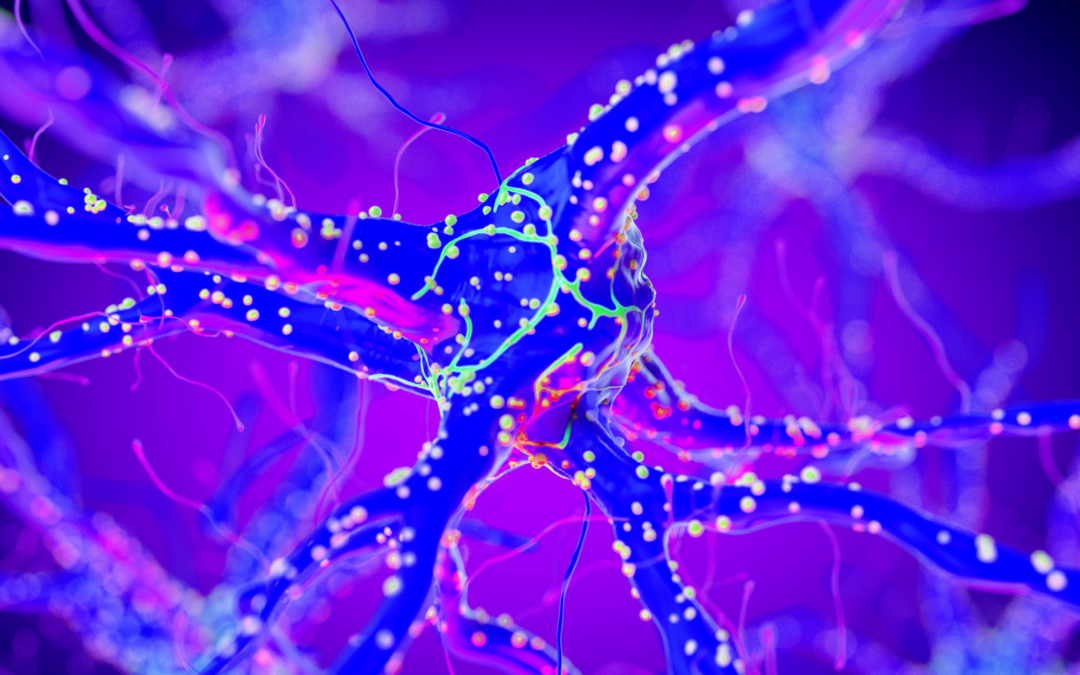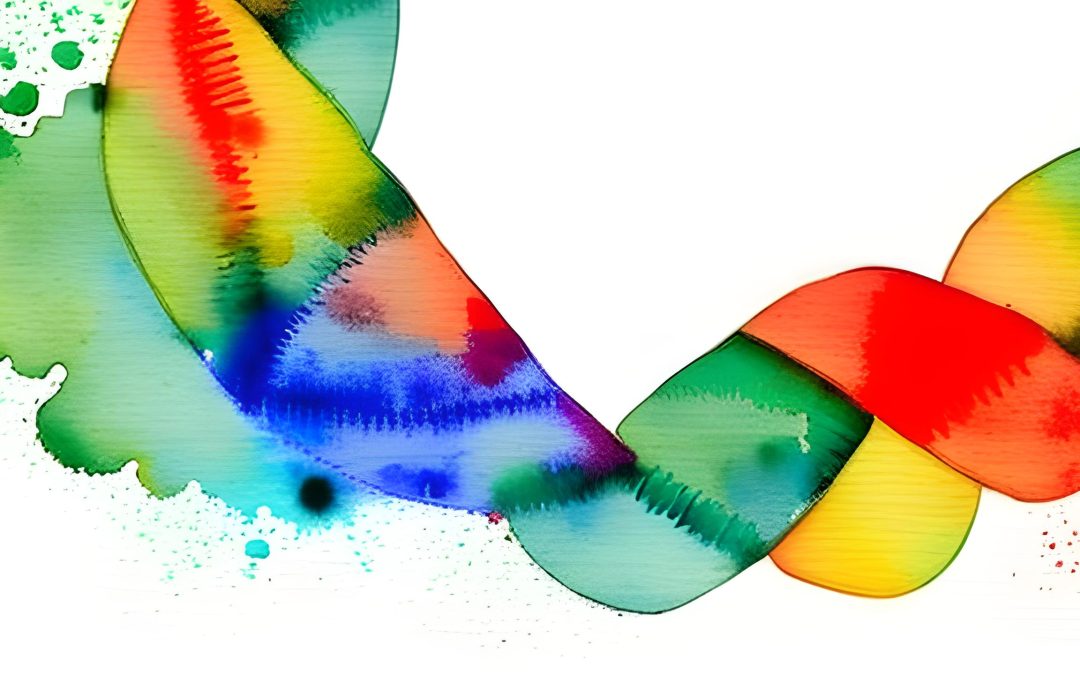
by Teal C. | Apr 23, 2024 | Uncategorized, Views from the Spectrum
Sleep and Autism Sleep or a lack thereof tends to be a problem when you can’t get your mind to shut down for the night or your mind is racing with the issues of the day. Many people with autism struggle with sleep and some have sleep disorders that affect their...

by Teal C. | Mar 27, 2024 | Uncategorized, Views from the Spectrum
Everything is blinding Whirlwind Cascading Blurring Overwhelming Tossed at me like jarring bricks Chatting Phones Commuters Computers Spinning round in circles Burnout Overload Disassociate Masking Every input makes me miserable Twitching ...

by Teal C. | Jan 2, 2024 | Uncategorized, Views from the Spectrum
I remember one morning I was out with my mom and brother. Being young at this point, I was complaining about social interactions. My brother mentioned that everyone has it hard. Nothing is easy, even for people who aren’t autistic. For the life of me, it clicked...

by Teal C. | Sep 5, 2023 | Views from the Spectrum
What I’ve Gained by Working at Commonwealth Autism Working at a small company is amazing. There are benefits that go beyond what anyone could imagine. To be around people who wish to better their community daily is something to be proud to be a part of. There...

by Teal C. | Aug 1, 2023 | Views from the Spectrum
Sensory Inputs Sensory inputs are an everyday thing for anyone around us. Whether that’s the neighbor or the stranger on the bus, they all deal with inputs around them. While for many people, it may not be as overwhelming, for many others, it may be too much. ...

by Teal C. | Jul 5, 2023 | Views from the Spectrum
“Curing” Autism For years I have wondered why people wanted to “cure” autism as if that was a possibility. It is a lifelong, genetic disability with no cure. I feel like there are so many people out there who think there is a magic pill that we could take...






